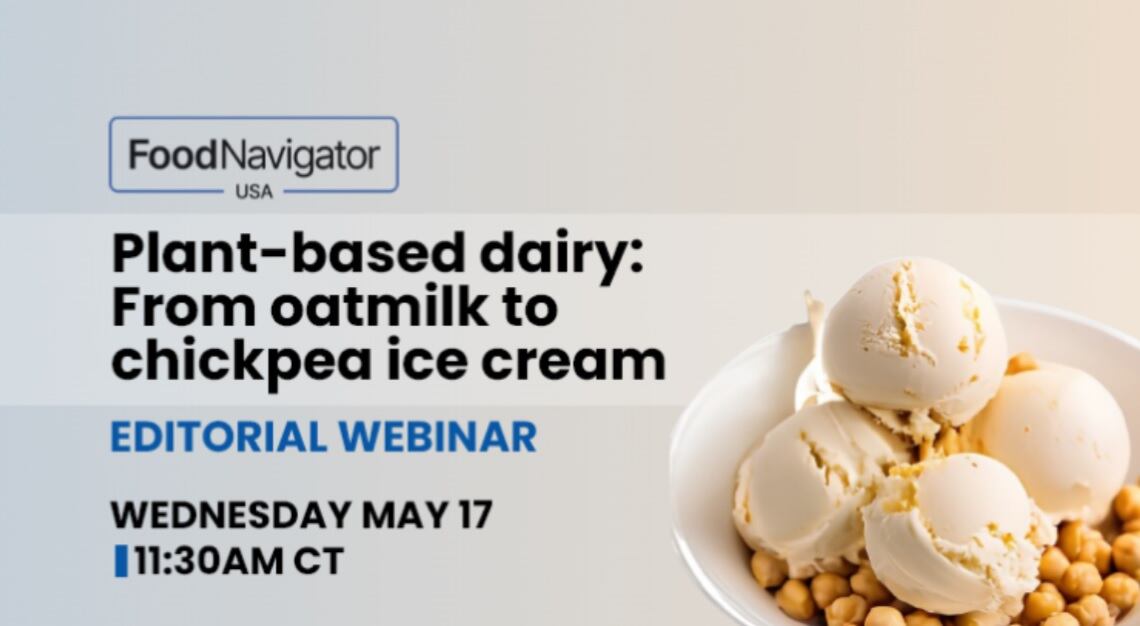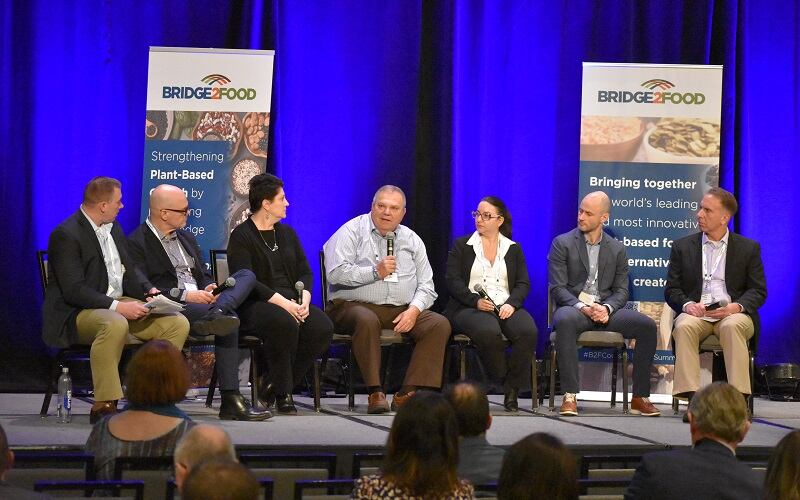The US plant-based category grew 6.6% in 2022 over the prior year with sales coming in at $8.0bn, according to data from the Plant Based Foods Association and SPINS. While categories like plant-based eggs and dips grew in 2022, plant-based meats declined 1.2%, Plant Based Association reported.
The retail game changes: Fewer plant-based products on shelf
With plant-based protein's slower growth, many retailers are questioning how much shelf space to allocate for plant-based products, and the market is shifting focus to other trending segments, said Tyler Mayoras, operating partner at venture capital firm Beyond Impact Fund.
"Buyers that we're hearing [from say that the] plant-based shelf space ... isn't increasing right now,” Mayoras said. “They're shifting right now; a lot of the shift is happening towards better-for-you products because some of the very early plant-based products weren't very healthy."
Though there’s “some reshuffling,” some brands are finding their way on the shelf, leveraging nutritional and better for you claims, and they need to offer “better and also genuine and true sustainability,” said Susan Walters-Flood, COO of CPG company The Planting Hope Company.
Part of that reshuffling in the grocery is also coming in the form of increased frozen food space, demand for which during the pandemic, said Bill Aimutis, executive director of NC Food Innovation Lab.
“We were seeing the food industry bring back frozen food products that some of us hadn't seen probably in a decade or 15 years, just because the consumer was going retro on us and wanting to jump back in some of the older things.”
Young consumers are key to growing the market
The overall plant-based market is seeing strong demand from younger Gen Z consumers switching to vegetarian or vegan diets. But not only are these consumers changing how they eat, but they are influencing those in their house, Walters-Flood noted.
“We certainly are seeing that certain populations, the Gen Z population, that bring products into their families [and] in their homes. They're helping that education in that market, and they have more access to more information than any other generation, and so they are self-educating.”
To win younger consumers' trust, brands need to be authentic and transparent, explained William McCormack, new business development manager for food ingredient company DSM. “[Gen Z] have a higher filter; they're able to filter through a lot of information very, very quickly and identify what's meaningful to them,” he added.
Changing the supply chain to improve taste, texture, price parity
The supply chain also needs to come together to address them using innovations in process technology to ensure plant-based products deliver on taste, texture, nutrition, and price, said David Sabbagh, global business development lead of protein solutions at food ingredient company IFF.
“How are we going to get to those growth rates, the 40-50%,” said Sabbagh. “That's really where that taste and texture parity comes in, and some people are [going to] say it's close; it's almost here. I think it's still further away.”
One way that food and beverage companies can take “a structured vegetable protein and really improving that texture to get to the point of it [tasting] like an animal texture protein" is with high-moisture extrusion technology, Sabbagh said. Currently used to create alternative meats, high-moisture extrusion can create more fibrous and striated meat than low-moisture extrusion, which creates spongy-textured products.
[Editor's note: Interested in learning more about the plant-based dairy segment? Join FoodNavigator-USA's upcoming free webinar Plant-Based Dairy: From Oat Milk To Chickpea Ice Cream on May 17. Get all the details and register today.]






